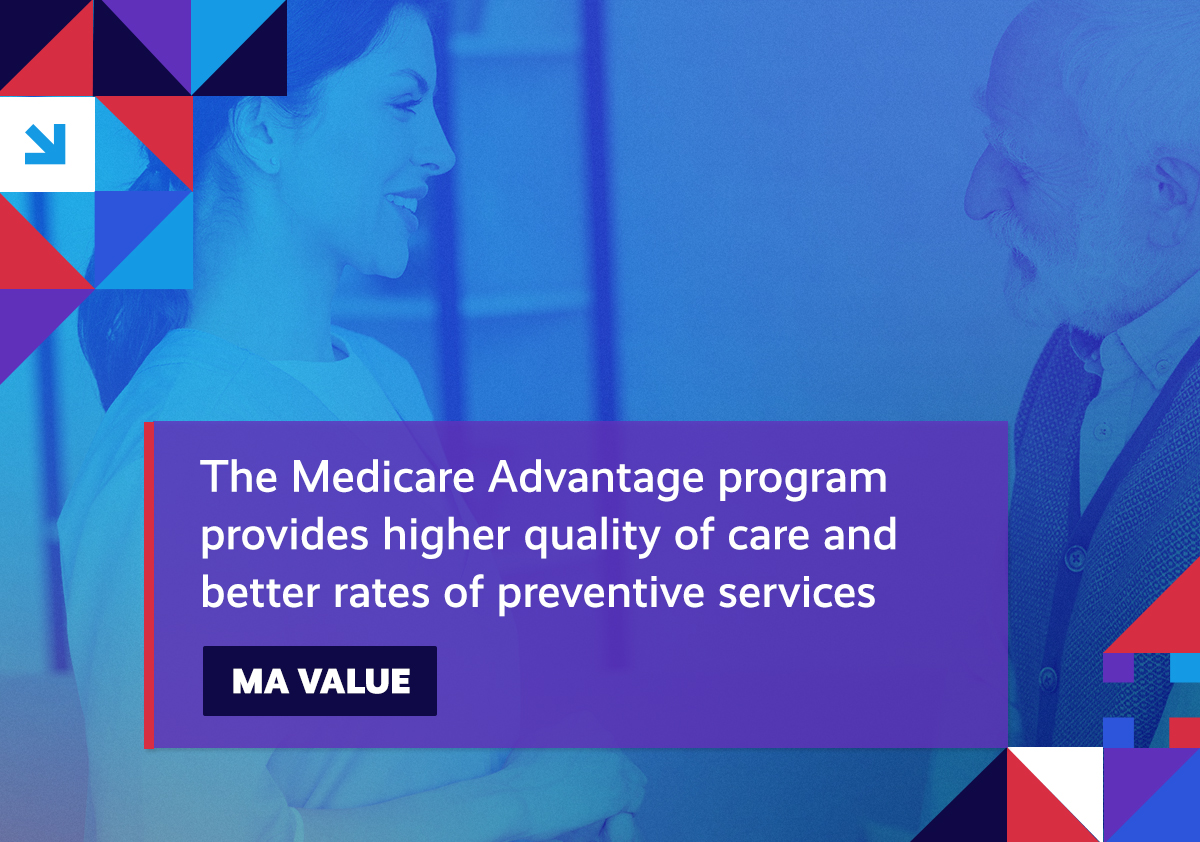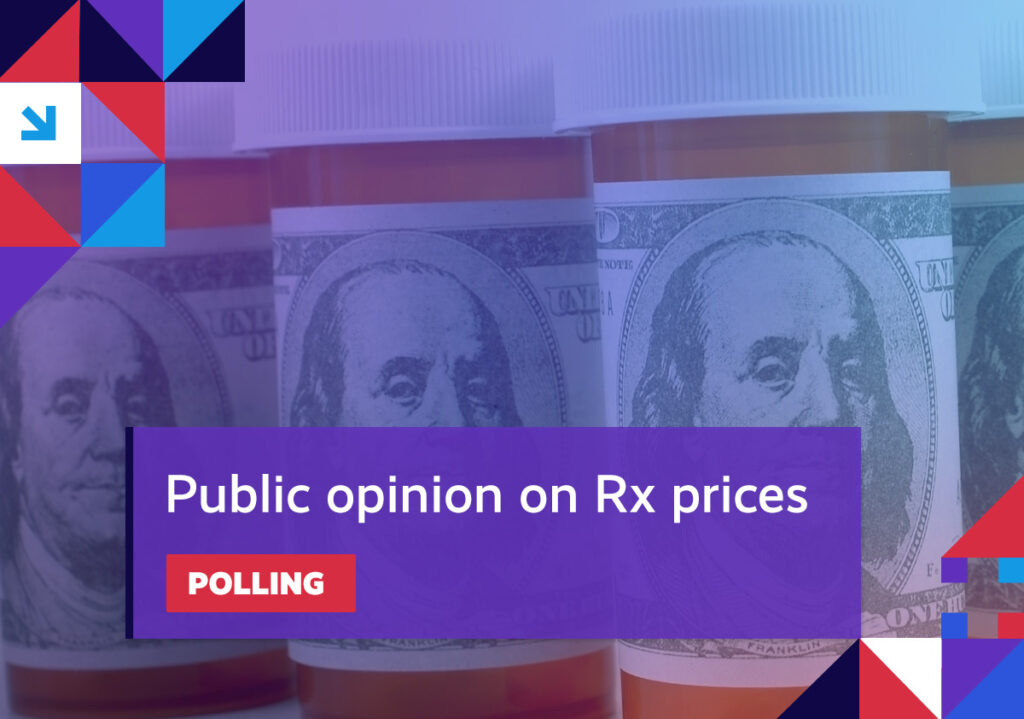A quick roundup of the issues driving the healthcare reform conversation.

Week in Review
MEDICARE ADVANTAGE Seniors depend on Medicare Advantage.
Quick takeaway: Successive years of cuts and negative policy changes to Medicare Advantage (MA) may disrupt the care beneficiaries are used to.
Digging deeper: With Open Enrollment for Medicare set to open tomorrow, there’s growing concern about changes to benefits, costs, and access after cuts to MA plans’ reimbursement rates were finalized earlier this year.
Already, the Centers for Medicare & Medicaid Services (CMS) quietly announced that each U.S. county will have an average of 34 MA plans for beneficiaries to choose from, down from an average of 43 plans this year.
What it means: Rising healthcare costs are putting pressure on American budgets across the country – especially for Medicare-eligible Americans, many of whom live on fixed incomes.
That’s why stakeholders are sounding the alarm over threats to Medicare Advantage’s affordability and access.
HOSPITAL TRANSPARENCY Hospital price transparency data needs improvement.
Quick takeaway: The Government Accountability Office (GAO) wants CMS to improve hospital price transparency compliance.
Digging deeper: A new report GAO report shows CMS fails to routinely check required, publicly posted hospital pricing data for completeness or accuracy, making the information less useful for consumers.
In interviews with more than a dozen stakeholder groups representing patients, payers, and researchers, a number of problems were flagged regarding the data posted by hospitals, including inconsistent file formats and pricing complexities, in addition to incomplete and inaccurate data sets.
What it means: GAO also found that CMS enforcement of the price transparency rules remains a challenge, with many hospital systems across the country, including in Illinois, Iowa, and Tennessee, being noncompliant.
MEDICAID Rx Clinically integrated care improves Medicaid enrollees’ health.
Quick takeaway: Outcomes-based contracts between pharmacists and pharmacy benefit managers (PBMs) positively impact pharmacy-related outcomes for Medicaid patients with higher healthcare needs.
Digging deeper: A new brief from Elevance Health’s Public Policy Institute highlights how value-based payment arrangements in pharmacy, designed to compensate healthcare providers for improving health outcomes and reducing medical services utilization, have improved Iowa’s Medicaid program.
By expanding their clinical services beyond medication dispensing and adherence to include medication therapy review, patient health education, and counseling, pharmacists – in coordination with their PBM partners – are playing an increasingly critical role in patient care management.
What it means: This integrated approach has not only resulted in a favorable change in utilization, but improved the quality of care being delivered, while reducing costs for patients with chronic conditions.
Spotlight
| You can keep up with the latest by following the Health Action Network on X and by liking us on Facebook. And, be sure to check us out on LinkedIn, too. As always, let us know if there’s something you’d like to see covered in a future newsletter. |
The Health Action Network includes everyday Americans—families, workers, businesses, patients, providers, neighbors, and friends. We are working together because we support market-based solutions that offer better healthcare choices and help build a stronger economy. The Health Action Network is an Elevance Health, Inc., initiative.

